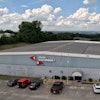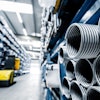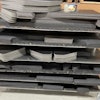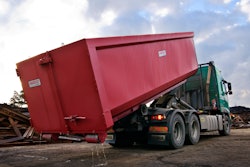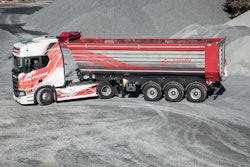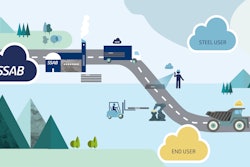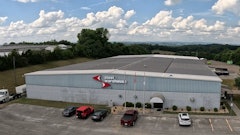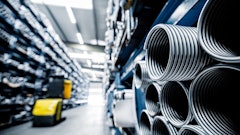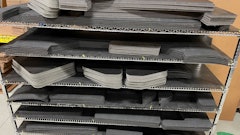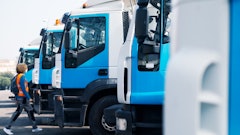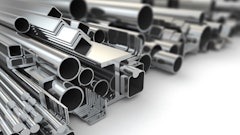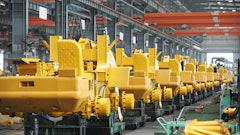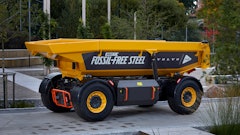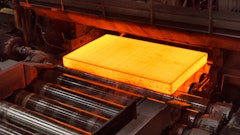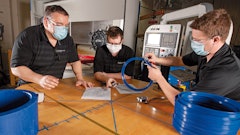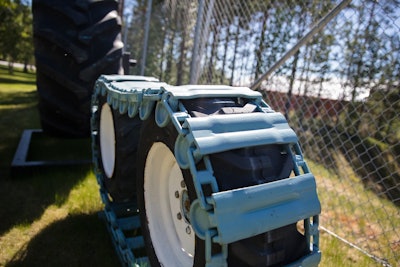
Olofsfors, a Swedish manufacturer of steel products for the forestry and construction industries, has reduced its material usage, optimized its production process and developed a lighter, more fuel-efficient product. How? By moving its production in house and switching to SSAB Boron 27 steel.
“We have transitioned from using pre-manufactured parts to buying steel that we press and manufacture in house,” explains Maria Ragnarsson, Olofsfors’ Head of Purchasing and Logistics. “Now that we control our production process, we’re generating less waste and making a more sustainable product.”
In 2008, Olofsfors opted to bring the production process for its ECO-Tracks for forestry machines in house. In the search for a supplier to provide the steel for the side supports on the tracks, it chose SSAB Boron 27 steel. 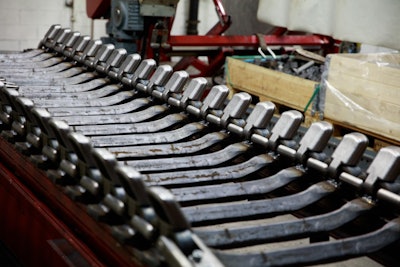
“Quality is one of our top priorities,” says Ragnarsson. “If we want to produce the right quality, the material we use has to meet the required quality standards.
“We chose steel from SSAB because it maintains a high, consistent level of quality and because SSAB is a sustainably minded company that is also a relatively local supplier to us here in northern Sweden,” she continues.
In addition to optimizing fuel consumption as a result of the lightweight properties of SSAB’s steel, the switch to SSAB Boron 27 has resulted in less material use, less waste and improved sustainability for Olofsfors.
“The material waste percentage from cut steel can be as high as 50%, but, with SSAB’s steel, we’ve reduced that number significantly. Our material use is down too. We make some 400,000 side supports a year and, for each one, we’re saving between half a kilo and a kilo of steel. So we’re heating less steel and wasting less steel,” says Olofsfors’ Strategic Product Developer, Mats Frangén.
“SSAB is committed to reducing its long-term climate impact and that’s something we value when choosing our suppliers. With SSAB, we use and transport less material, all of which has a positive impact on our carbon emissions,” concludes Maria Ragnarsson.
